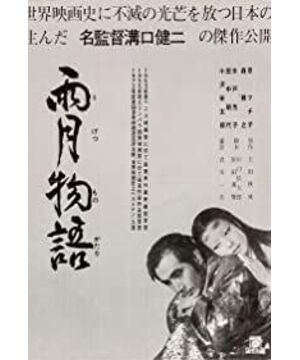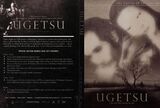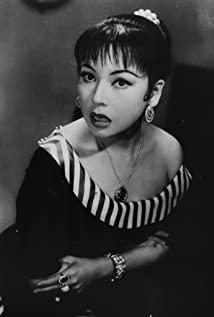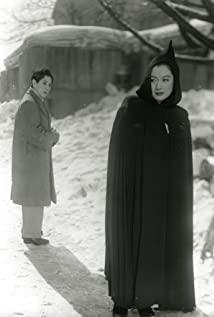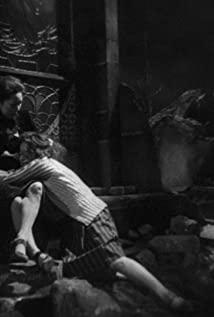Men are obsessed with causing women to suffer, but in the end, women still don't give up. This is very masculine. But we can't blame Mizoguchi Kenji either. After all, the reading book of the same name is adapted from a Chinese novel of Ming and Qing Dynasties (this film is actually a co-editing of the two stories of the original), and it tells about the events of the Warring States Period in Japan hundreds of years ago. At that time, it was impossible for women to be the masters of the house to pursue freedom, even if it was a bizarre talk. The director is already very caring for humanity. Just like "The Generation of Women in the West Crane" a year ago, he gave great sympathy to the experiences of women at that time. The husband's power is for the two women, and the father's power is for the female ghost, which is a prison that they cannot escape; and wealth, sex, and power (identity) are blind pursuits by men. This film obviously praises the idea of Buddhism; perhaps only by having no desires and no desires, and looking down on life and death, can we survive in that era of material scarcity and chaos.
The film's Venice Silver Lion Award comes from Kenji Mizoguchi's textbook-like shot scheduling (knock on the blackboard: the long shot of the wife's return to the soul at the end of the film needs to be tested), but the queen's heroine Tanaka Kinyo and the peerless Jing Machiko also contributed No.
View more about Ugetsu reviews


